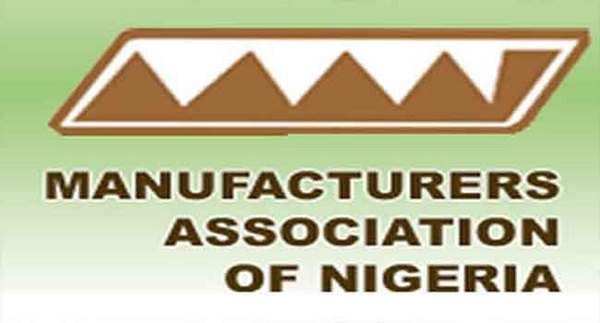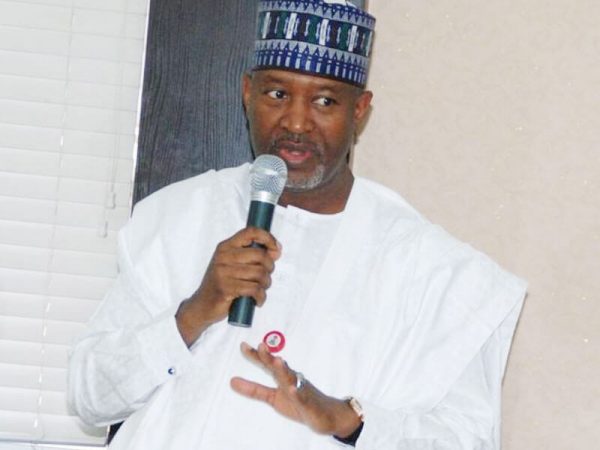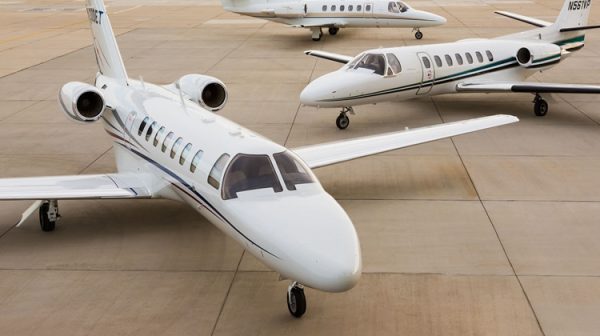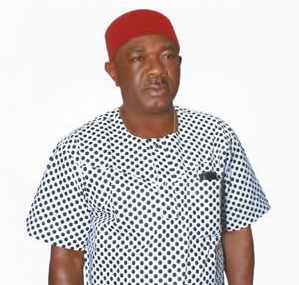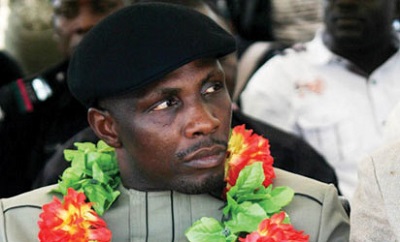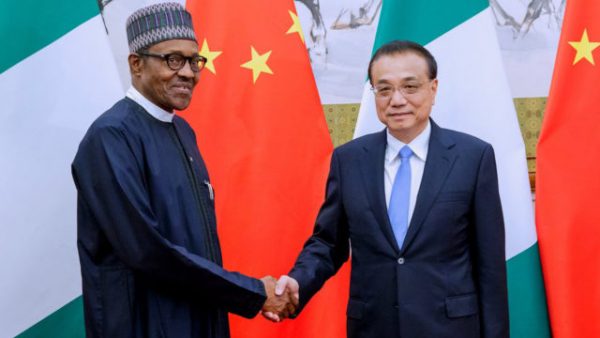100% Electricity Hike Tolerable Than 230%, MAN Laments
The Manufacturers Association of Nigeria has again opposed the about 230 per cent hike in electricity tariff, stressing that a 100 per cent increase would not have been detrimental to the survival of manufacturers across the country.
The Director-General of MAN, Segun Ajayi-Kadir, told media the sharp rise in electricity cost had crippled many businesses, adding that the policy thrusts of the Federal Government were counterproductive to manufacturers.
He lamented the skyrocketing electricity tariff, explaining that power is a critical component of manufacturing operations in Nigeria even when it is inefficiently generated and distributed.
He noted that with the astronomical increase in the cost of power, “no manufacturer can competitively produce in that kind of environment.”
He added that MAN had proposed a more manageable 100 per cent increase, which the sector could have absorbed, saying, “We have indicated that a 100 per cent increase will have been tolerable. And this is for power that is inefficiently generated and run.”
The manufacturing industry’s resistance to the 230 per cent tariff hike approved by the Nigerian Electricity Regulatory Commission led to a lawsuit filed by the MAN in April over what it considered an unsustainable tariff hike.
Media reported that MAN lost the lawsuit against NERC and electricity distribution companies following a Federal High Court judgement delivered on October 7 which labelled the lawsuit an abuse of court process.
Despite this setback, MAN continues to call for government intervention, including financial relief for manufacturers, asserting “We are responsible for increasing Nigeria’s non-oil exports. We are eminently qualified to receive government incentives.”
While MAN has not disclosed if it will appeal the judgement, Ajayi-Kadir has declared that the advocacy group’s battle against this increase is far from over.
“The war is not over, many battles can be fought. NERC and Discos are wrong. A 250 per cent increase, nobody survives that,” he stressed.
The Federal Government’s policy to increase electricity tariffs for Band A customers from N68/kWh to approximately N224–N225/kWh is part of efforts to attract investment in the energy sector and reduce government spending on subsidies, which previously amounted to $2.3bn annually.
This hike impacts only about 15 per cent of electricity customers in Nigeria, specifically those classified as Band A, who expect to receive at least 20 hours of electricity supply daily.
Several factors contributed to the tariff increase, including inflation, the rising exchange rate, and higher costs for gas used in power generation.
The NERC had emphasised that any Disco failing to meet the committed service levels for Band A customers could face penalties, including downgrading customers to lower service bands.
Despite the hike, there are expectations that this will lead to improved service delivery, as Discos are now under pressure to enhance electricity supply quality, particularly for those in the higher service bands.

